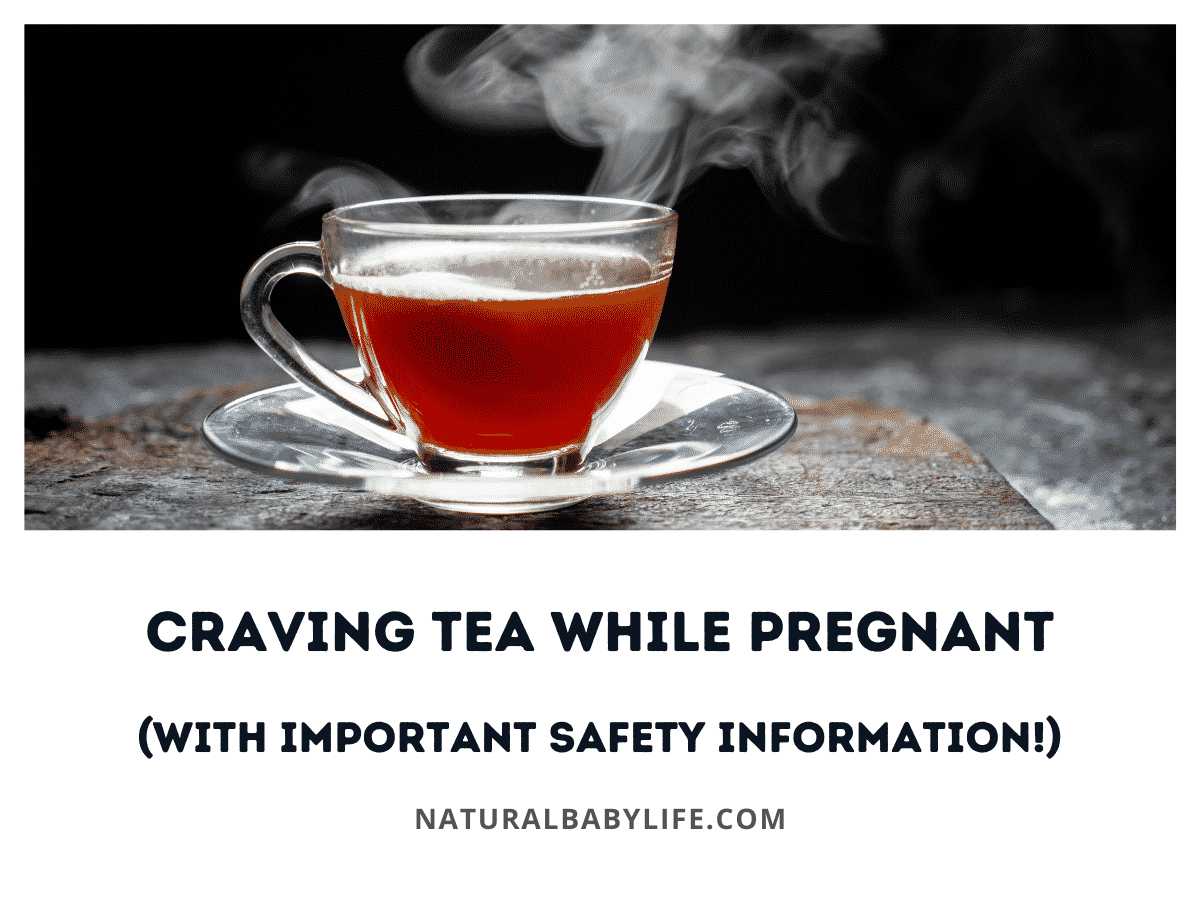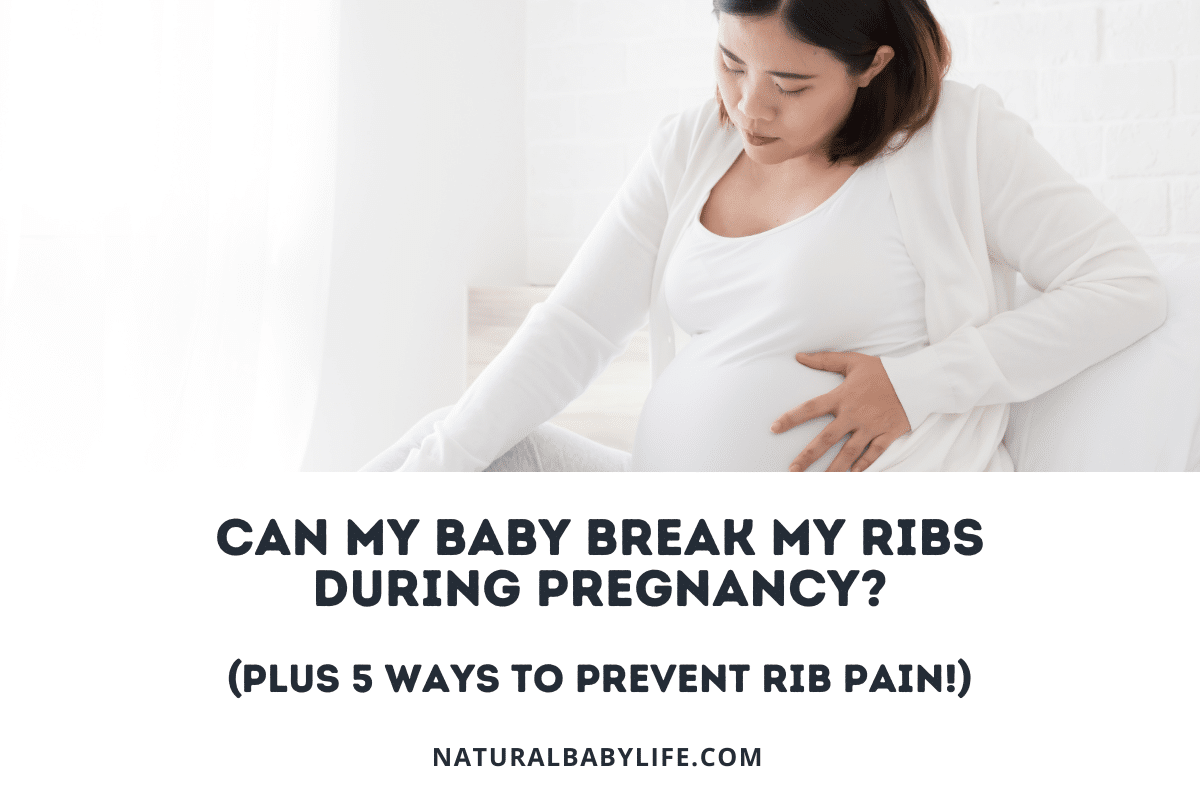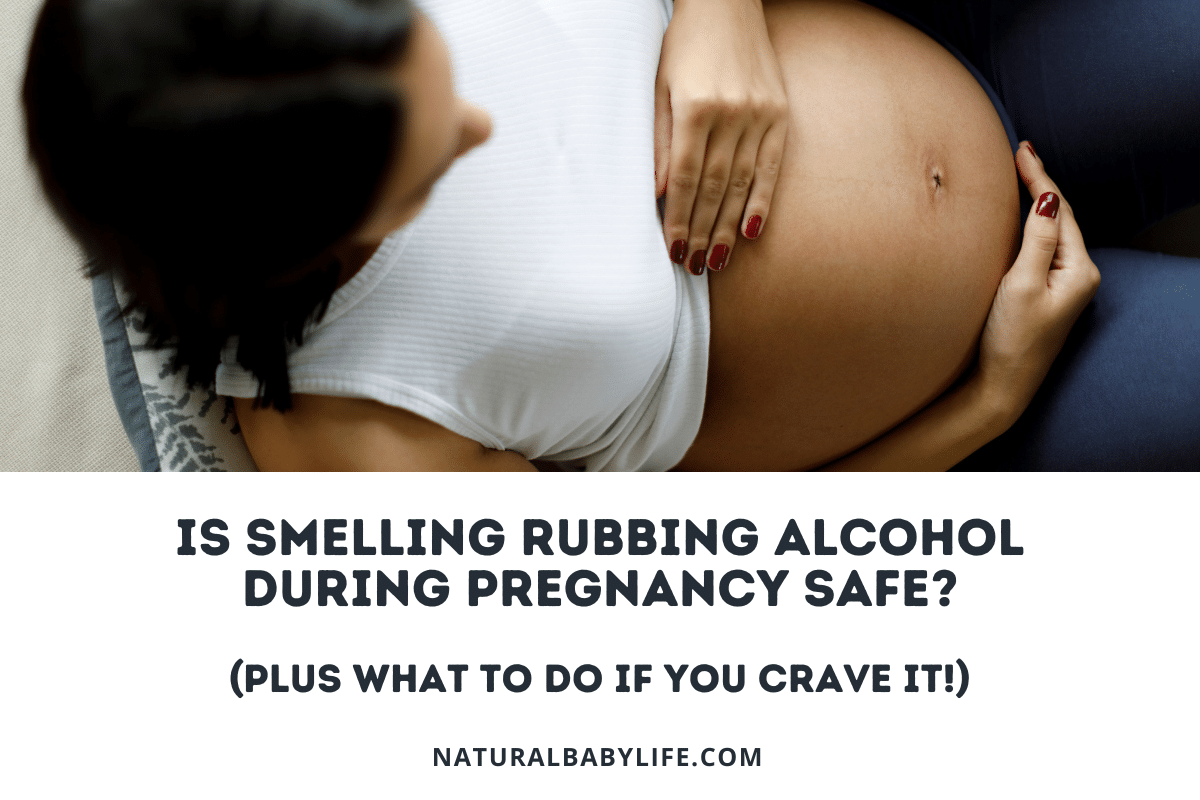There is something both soothing and uplifting about curling up with a cup of hot tea. It is no wonder many women crave tea during pregnancy; however, with so many varieties, how do you know which teas are safe to drink while pregnant?
Pregnancy cravings for tea may be influenced by its ability to fight fatigue and soothe nausea and other pregnancy symptoms. Though tea can be a healthy addition to a pregnancy diet, not all teas are pregnancy-safe. Caffeinated tea should be consumed in moderation, and caution should be exercised when drinking tea with medicinal properties.
Keep reading to learn more about the health benefits and potential adverse effects of drinking tea while pregnant.
Table of Contents
Is it normal to crave tea while pregnant?
Pregnancy cravings are unique to each pregnancy and seem to run the gamut. Though most of us associate pregnancy cravings with sweet and salty treats, many women find themselves wanting to drink tea during their pregnancy.
Most expecting mothers experience cravings during their pregnancy; however, these cravings aren’t well understood.
Cravings for tea may be caused by:
- Hormonal changes – Fluctuating estrogen and progesterone may cause cravings for specific foods and beverages.
- Nutritional deficits – The increased need for many nutrients during pregnancy may result in cravings for nutrient-rich foods. Many teas contain minerals such as potassium, phosphorus, magnesium, sodium, copper, and zinc.
- Active ingredients – Commonly craved foods and beverages may contain beneficial ingredients that the body seeks during pregnancy. For instance, the caffeine in some teas may help combat fatigue. Additionally, many teas may help alleviate morning sickness, heartburn, and promote quality sleep.
- Cultural and psychosocial factors – Culture and region play a role in pregnancy cravings. For instance, in some cultures, herbal tea may be used for its medicinal purposes during pregnancy; this association may promote cravings.
When do women normally crave tea during pregnancy?
For some women, cravings are one of the first symptoms of pregnancy that they experience.
Starting as early as the fifth week of pregnancy, pregnancy cravings tend to become greater as an expecting mother enters her second trimester. These cravings will lessen during the third trimester.
There are many different types of tea; some varieties may be more appealing depending on the trimester. For example, ginger tea might help reduce symptoms of nausea in the first trimester and heartburn in the third trimester. Acupuncture is also a good complement to the use of tea to help with nausea.
Is it safe to drink tea while pregnant?
Though caffeine is not off-limits during pregnancy, the American College of Obstetrics and Gynecologists (ACOG) recommend limiting your intake to fewer than 200 milligrams of caffeine a day.
According to a study published in Annals of Epidemiology, caffeine can cross the placenta to the amniotic fluid and fetus, and because of a lack of enzymes, it cannot be metabolized. This can lead to prolonged periods of exposure to the fetus.
Drinking excess caffeine during pregnancy may lead to the following:
- Increased maternal heart rate and blood pressure
- Risk of dehydration
- Reduced fertility
- Birth defects
- Preterm delivery
- Low birth weight
- Miscarriage
Luckily, expecting mothers who have a hankering for tea can safely indulge this craving while staying under the recommended 200-milligram maximum. The amount of tea a pregnant woman can safely consume depends on the type of tea they are having. Here is a table detailing the estimated caffeine content of different teas from The Tea Spot:
Amount of caffeine in common varieties of tea
| Type of Tea | Caffeine per 8oz serving |
|---|---|
| Black Tea | 40-60mg |
| Green Tea | 25-35mg |
| White Tea | 10-15mg |
| Oolong Tea | 5-30mg |
| Rooibos Tea | 0-0.4mg |
| Black Pu-erh Tea | 60-70mg |
| Green Pu-erh Tea | 30-40mg |
| Yerba Mate | ~35mg |
| Herbal Tea | 0mg |
Historically, tea was used for its medicinal purposes even before it became a popular beverage. Many swear by the health benefits of herbal tea; however, there is a lack of understanding regarding its safety during pregnancy. Research published in BMC Complementary Medicine and Therapies compiled multiple studies to determine the safety of herbal tea during pregnancy. Here are some teas that they found to be potentially harmful during pregnancy:
Non-pregnancy safe herbal teas
| Type of Herbal Tea | Potential safety concerns |
|---|---|
| Pennyroyal | May cause miscarriage |
| Licorice | Alters hormone levels; Has been associated with pre-term delivery |
| Sage | May cause miscarriage |
| Ammi | Contains uterine stimulating ingredients |
| Thyme | May cause miscarriage |
| Fenugreek | May cause miscarriage; Contains hypoglycemic, hypolipidemic, and hypothyroid properties |
| Cinnamon | Ingestion of essential oil is associated with birth defects (doses found in food are acceptable) |
| Egyptian willow | Contains salicylates, which can cross the placenta |
In addition to these potentially harmful teas, there are some herbal teas that should be used with caution. These include:
Herbals teas that may not be pregnancy safe
Type of Herbal Tea Potential Safety Concerns
Basil
Not studied in human pregnancy;
Should not be used in doses higher than commonly found in food
Greater Plantain Not studied in human pregnancy
Oregano Not studied in human pregnancy;
Should not be used in doses higher than commonly found in food
Castor Oil May simulate labor;
Can lead to gastrointestinal distress
Jujube Not studied in human pregnancy
Is it OK to drink tea every day while pregnant?
Generally, drinking tea every day is considered to be safe as long as you are limiting your caffeine intake and staying away from teas that may cause adverse effects during pregnancy.
Expecting mothers that are avid tea drinkers should:
- choose teas that have been deemed safe for pregnancy.
- be aware of your tea’s caffeine content, and not exceed 200mg of caffeine per day.
- avoid over-steeping the tea, which can cause unexpected doses of caffeine and other active ingredients.
- talk to their doctor about drinking teas with medicinal properties.
- drink tea from reputable manufacturers and distributors to avoid contaminated batches.
Is tea good for pregnancy?
Tea can be a healthy and calming addition to your pregnancy.
Some benefits of drinking tea during pregnancy include:
- Tea is rich in antioxidants. Tea contains polyphenols, or flavonoids, which are potent antioxidants, can reduce DNA damage caused by free radicals.
- Caffeinated tea can be a great substitution for coffee. This is especially true for pregnant coffee-lovers who are accustomed to drinking multiple cups of coffee a day. The suggested 200mg caffeine maximum only allows for one 12-ounce cup of coffee. Coffee contains more than double the caffeine of most black teas.
- Some teas may help relieve pregnancy symptoms. For instance, research shows ginger tea may help reduce nausea and vomiting associated with morning sickness.
- Tea can promote relaxation. There is something therapeutic about settling down with a warm drink; however, studies have shown that some tea leaves contain amino acids that reduce stress and promote good sleep.
What kind of tea is okay to drink during pregnancy
Of the countless tea varieties, many are safe to drink during pregnancy.
Whether you are craving tea during your pregnancy or are looking for a tea with health benefits, here are some options:
Teas that are safe to drink during pregnancy
| Type of Tea | Caffeine Content | Safety Information | Benefits | Pregnancy Safe? |
|---|---|---|---|---|
| Black Tea | 40-60mg | - Safe to use in moderation while tracking caffeine consumption | - Contains antioxidants and minerals such as magnesium and phosphorus - Promotes a healthy heart | Yes |
| Green Tea | 25-35mg | - Safe to use in moderation while tracking caffeine consumption | - Rich in antioxidants - Anti-inflammatory - Promotes a healthy heart - Antibacterial and antiviral | Yes |
| White Tea | 10-15mg | - Safe to use in moderation while tracking caffeine consumption | - Rich in antioxidants - Promotes a healthy heart - Antibacterial and antiviral | Yes |
| Oolong Tea | 5-30mg | - Safe to use in moderation while tracking caffeine consumption | - Rich in antioxidants - Promotes a healthy heart - Antibacterial and antiviral | Yes |
| Rooibos | 0-0.4mg | - No harmful effects were found during pregnancy | - Rich in antioxidants - Improves cholesterol levels - Promotes bone health - May boost fertility | Yes |
| Pu-erh Tea | 30-70mg | - Safe to use in moderation while tracking caffeine consumption | - Used for weight management - Improves cholesterol levels - Inhibits cancer growth -Promotes liver health | Yes |
| Ginger Tea | 0mg | - No harmful effects found during pregnancy | - Combats nausea, vomiting, and heartburn | Yes |
| Peppermint Tea | 0mg | - No harmful effects were found during pregnancy - Excessive amounts may cause menstrual bleeding | - Combats nausea, vomiting, and heartburn - Improves headaches | Yes |
| Chamomile Tea | 0mg | - Safe for moderate consumption during pregnancy - Considered a uterine stimulant in large doses and may affect fetal blood flow | - Rich in antioxidants - Anti-inflammatory - Has a calming effect and promotes good sleep | Yes |
| Raspberry Leaf Tea | 0mg | - Safe to consume in moderation during pregnancy - Some sources suggest waiting until the second or third trimester to consume this tea | - Rich in antioxidants - Strengths the uterine walls - May shorten the second stage of labor | Yes |
| Purple Tea | 25-28mg | - Research has not been conducted in human pregnancy - Intake may need to be reduced in the third trimester to avoid complications due to excess polyphenols | - Rich in antioxidants - Anti-inflammatory - Strengthens membranes and capillaries - Inhibits cancer growth | No (not enough evidence) |
| Herbal Infusion Teas | 0mg | - Though many herbal teas are safe to consume during pregnancy, some can cause adverse effects such as miscarriage | - Can provide a variety of health benefits | Consult your doctor |
What does it mean if you crave tea while pregnant?
With no clear explanation, pregnancy cravings are somewhat of a phenomenon.
Some experts believe that cravings are your body’s way of telling you what it needs; however, there are also many popular old wives’ tales associated with pregnancy cravings.
Does craving tea while pregnant mean it’s a boy or girl?
Some believe a pregnant woman’s cravings provide insight into her baby’s gender.
According to an old wives’ tale, if an expecting mother is craving salty, spicy, sour, or protein-rich foods, she is pregnant with a boy. By contrast, mothers who crave sweets or dairy are pregnant with girls.
Based on this folklore, craving a spicy ginger tea may mean you’re having a boy, and craving sweet tea may mean you’re having a girl; however, there is no research to support either association.
If you want to learn more, I have a HUGE list of the most common pregnancy cravings just for you!










